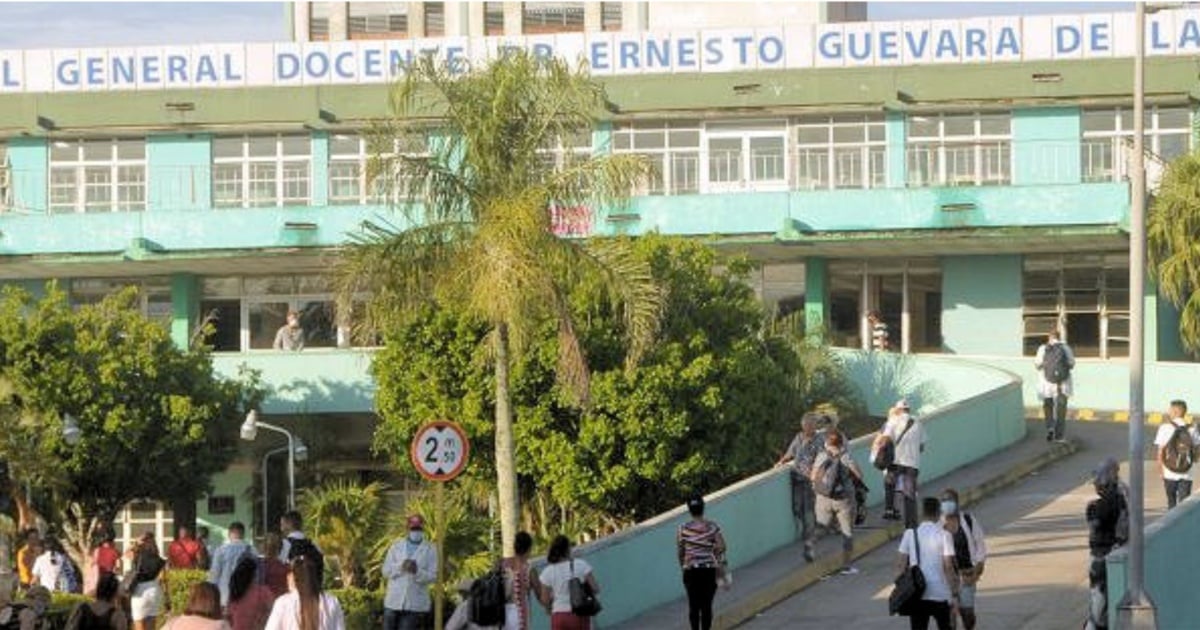Health officials in Las Tunas have disclosed that last year, six cases of leprosy were reported in the province, with active cases currently present in southern municipalities. According to the official local newspaper, Periódico 26, the previous year witnessed ongoing transmission, primarily due to the predominance of the multibacillary form in children.
This year, the disease has become more prevalent in the southern parts of Las Tunas, as confirmed by Martha Odalis Cabrales León, who coordinates the Leprosy Control Program in the province. Though she did not specify the exact areas with higher infection rates, Cabrales León downplayed the situation by saying leprosy does not constitute a "health problem."
"The reported patients are integrated into the community, continue their work, receive proper supervision, and have access to free antibiotic treatment. The primary healthcare teams are chiefly responsible for their well-being," she stated. According to her, health authorities are conducting screenings for the disease to aim for its eradication.
She further explained that leprosy affects both genders and that in the past five years, cases have been detected in children in Las Tunas, showing symptoms such as dark spots and nodules on the skin. "The incubation period averages about five years, though global studies indicate it can extend up to 20. If not diagnosed and treated early, it can cause progressive and permanent damage to the skin, peripheral nerves, and eyes," the expert elaborated.
However, she added that once treated, the disease ceases to be contagious. Amidst the current health crisis, marked by a shortage of medicines and supplies, the presence of leprosy heightens concern and confusion, especially given its global decline.
Up until six years ago, Cuba was diagnosing over 100 new leprosy cases annually. In 2016, for example, there were exactly 186 cases reported. Leprosy is a chronic infectious disease caused by a bacterium, primarily affecting the skin, peripheral nerves, upper respiratory tract mucosa, and eyes.
Understanding Leprosy in Las Tunas
What is the current leprosy situation in Las Tunas?
As of now, there are active cases of leprosy in the southern municipalities of Las Tunas, with health officials monitoring the situation closely.
How is leprosy being managed in Las Tunas?
Patients are under community supervision, receiving free antibiotic treatment, and the primary healthcare teams are tasked with ensuring their well-being.
Is leprosy a major health concern in Las Tunas?
Health officials have stated that leprosy is not considered a major health issue in the region, though they are actively working to screen and ultimately eradicate the disease.
